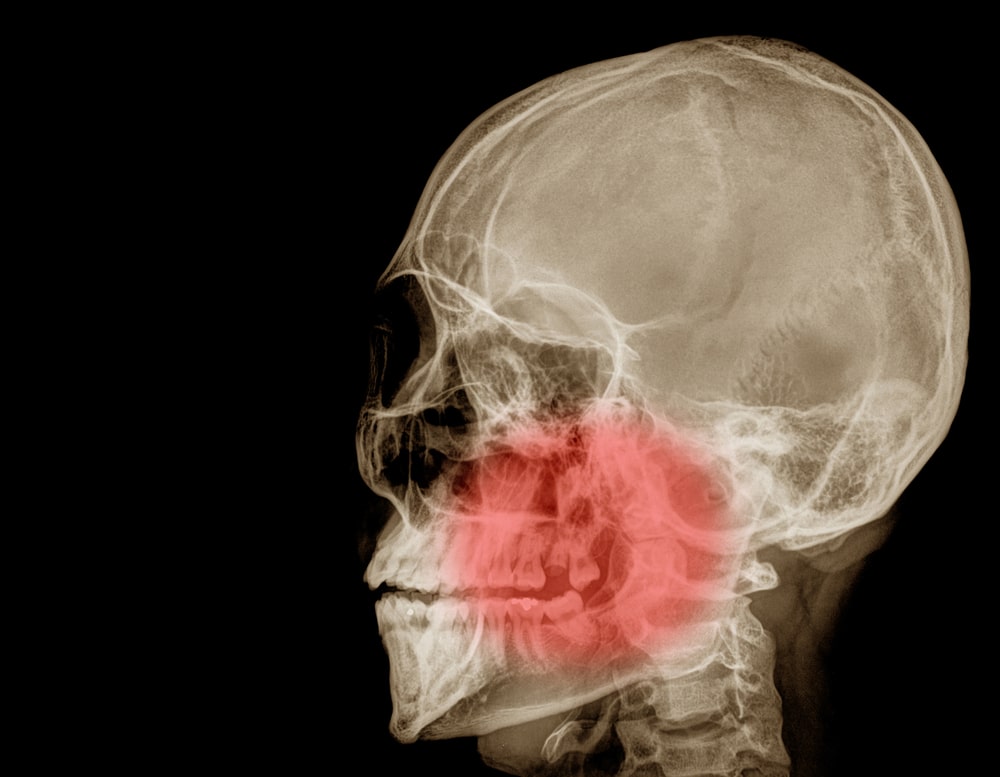
Nearly 1.5 million Americans are affected by the autoimmune condition rheumatoid arthritis (RA). RA is caused when the immune system sees the joints as ‘foreign invaders’ and attacks them.
RA can cause pain and inflammation in the joints, including the jaw.
When the jaw is affected by RA, it can translate to painful symptoms such as tenderness, stiffness and pain.
These symptoms can make everyday actions such as chewing and talking difficult.
Other effects of RA on the jaw can include crepitus, the name for the cracking, snapping and popping of the jaw joints – known medically as the temporomandibular joints (TMJs) – when the jaw moves. In some cases, the jaw can also become stuck or ‘locked’ in place when the patient is speaking or yawning.
Researchers estimate that up to 88 percent of people living with RA experience its side effects in the jaw, but only a small number of those individuals report symptoms.
When RA affects the TMJs, it typically affects both sides of the jaw, so patients often notice uncomfortable symptoms on both sides of the face.
‘Stiffness, pain, and muscle tension or soreness are common symptoms when the jaw is affected,’ said Dr. Sean Endsley, a Waco, Texas, dentist.
While RA is a cause of jaw pain, a more common cause of jaw pain is temporomandibular joint disorder, also known as TMD.
According to the National Institute of Dental and Craniofacial Research, 10 million people are living with TMD and its uncomfortable side effects.
‘Many people living with TMD experience aching, pain and stiffness, noises when they move their jaw, or a decreased range of motion when moving the jaw,’ Endsley said.
So, Is It RA or TMD?
If you’re experiencing pain in the jaw joint only, it is likely TMD. If you’re experiencing pain in the jaw joint and other joints, you could have RA.
Other symptoms of RA include fatigue, redness, stiffness, anemia and rash.
‘If pain is related to the jaw joint only, talk to your dentist about what is happening and explain your symptoms,’ Endsley said.
Causes of TMD may be related to clenching or grinding of the teeth (bruxism), stress, poor posture, a misaligned bite or trauma.
Early intervention for TMD can help prevent the condition from getting worse – and may help keep patients out of severe pain.
‘If you’re experiencing the early warning signs and symptoms of TMD, it is important to get early intervention,’ Endsley said.
Source:
Medical News Today. How can rheumatoid arthritis affect the jaw? 15 July 2019.




